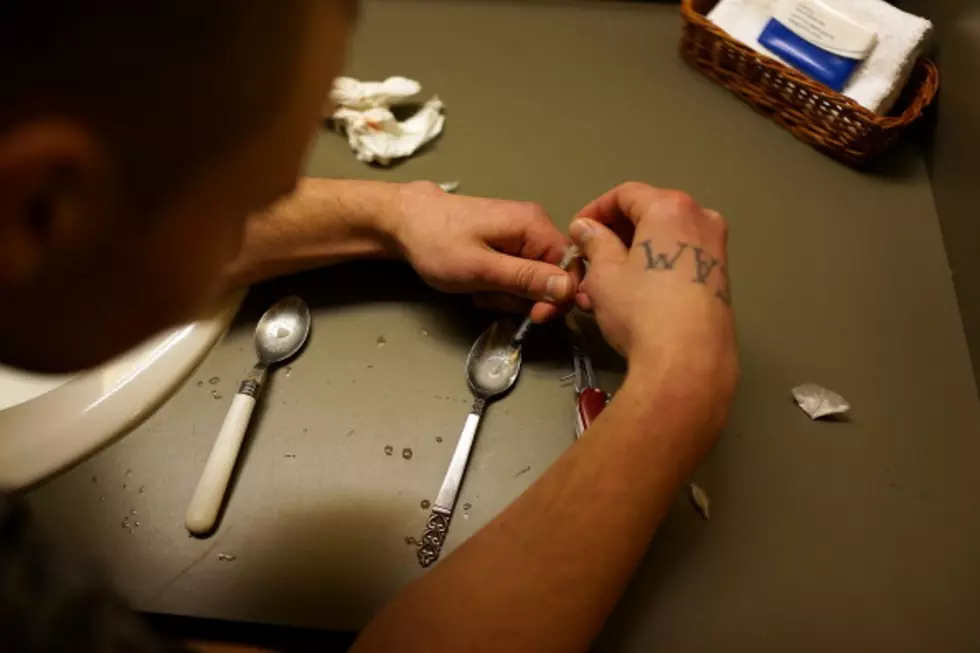
As NJ’s heroin epidemic grows, potentially deadly hepatitis C spreads
As the heroin epidemic continues in New Jersey, an infectious disease specialist is finding that a growing number of heroin users are testing positive for a potentially deadly virus they don’t even know they had.
Dr. Ronald Nahass, president of ID Care in Hillsborough, says the heroin epidemic is pushing up the number of hepatitis C cases dramatically.
“In our study, it was just over 40 percent of those admitted for detoxification for heroin were positive for hepatitis C," Nahass said.
Hepatitis C is often transmitted by drug users who share their needles, since the virus is transmitted by blood and body fluids.
“It’s a huge problem, the numbers affected by hepatitis C that are under 35 are in the thousands, and the situation is getting worse," Nahass said.
The doctor stressed that hepatitis C should not be ignored.
“Twenty to 30 percent of the people who get hepatitis C, over their lifetime, will end up with either cirrhosis, which is liver failure, or hepatoma, which is liver cancer, so it’s a pretty serious problem. It’s one of the so-called silent diseases, most of the time when you have hepatitis C you will be asymptomatic until you wind up with one of those complications.”
Nahass said that in the coming decades, "those people will start to have problems related to hepatitis C which will just add to the burden of our healthcare system.”
“It’s real important to get folks aware of their infection, so that they’re aware they actually have the infection and then try to link them to care. We now have treatments that are uniformly effective with very few side effects to cure this virus, so awareness is key," he said.
Nahass also said one big problem is that testing, while not terribly expensive, “is a cost, and the systems that are established to help detoxify individuals aren’t equipped either to test or to pay for it.”
More From New Jersey 101.5 FM






